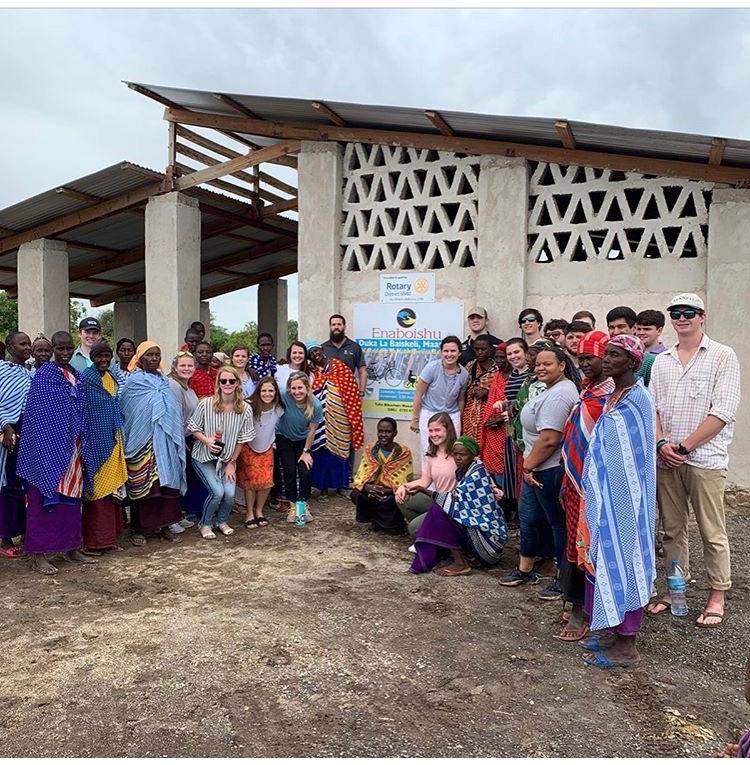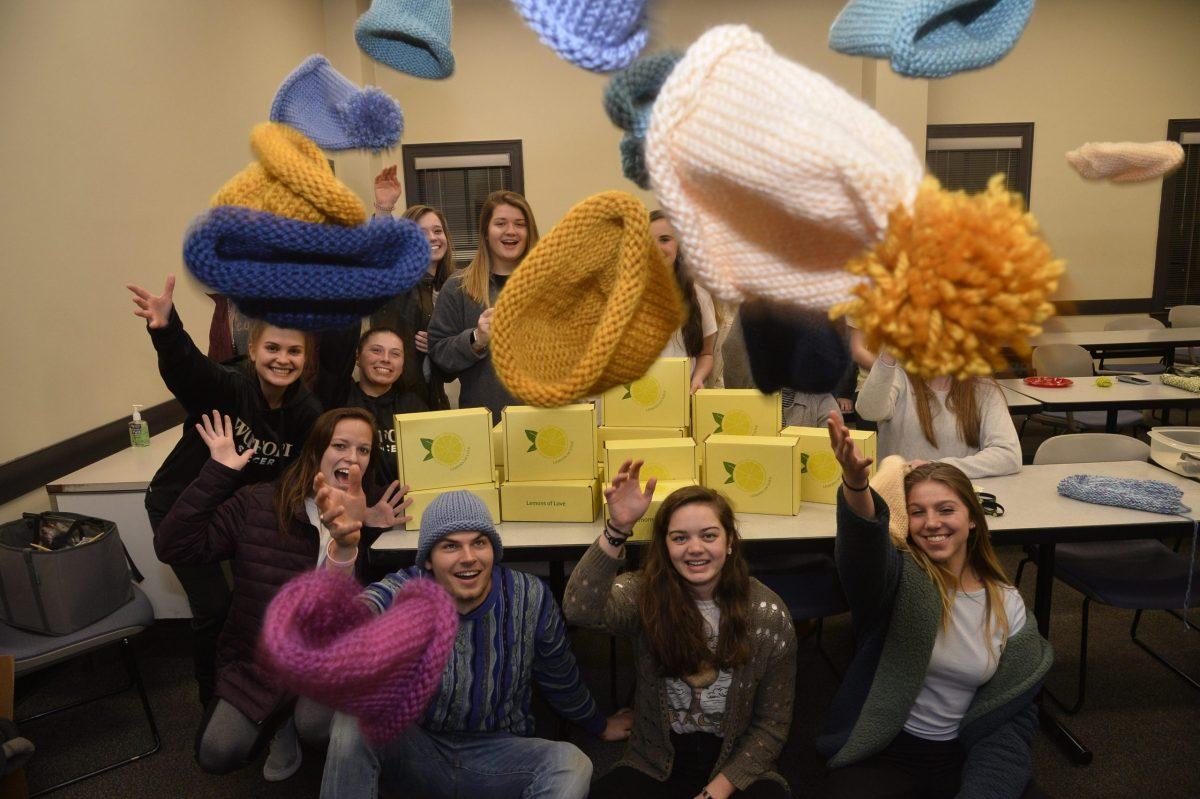A review of the religion gen-ed course
Interim is an integral part of the Wofford student experience.. Its existence stems from a desire for students to explore new subjects and have unique experiences –especially those that cannot be included during the regular semester –without the pressure of other courses and a devoted academic focus.
This past Interim, however, Wofford offered two general education courses for students to take during the month of January: Psychology: Science in Context and Introduction to Religion. Students and faculty alike voiced their excitement and concerns at the prospect of offering these courses during Interim in an anonymous survey.
Dr. Courtney Dorroll, Assistant Professor of Religion, co-taught the Introduction to Religion course with Dr. Philip Dorroll, Assistant Professor of Religion. She described the format of Interim as “an asset for student learning,” commenting that the “added time and focus on one class allowed us to dive deep into the subject matter. It was a luxury to simply have one class to work on. The added time allowed us to schedule field trips that went beyond the normal 50 or 90-minute session.”
Dr. Courney Dorroll and Dr. Philip Dorroll worked to adapt a prior Interim class, Stories of Spartanburg, to focus on religion and have additional academic content. Despite the extra work that goes into both instructing and taking this course, Introduction to Religion still managed to have some of the more enjoyable components typical of the Interim experience, including guest speakers, community interaction and reading time.
Yara Rishmawi, ’20, chose to take the Introduction to Religion course this Interim and explained the relief she felt in regard to being able to complete this course with fewer other obligations than are present during the regular semester and knowing her GPA would benefit because of this. “I originally anticipated having a huge workload for the class, but it was very manageable. The class trips and field work days we did throughout the month made it feel like a typical on-campus interim.”
When asked about whether or not including gen-eds as an option during Interim takes away from its function, both Rishmawi and Dr. Courtney Dorroll felt that the courses added a beneficial component for some students during the month. Rishmawi explained her initial hesitations, saying, “I used to be skeptical about this idea; however, I’ve looked at it from a different perspective and I’ve realized that people who are unable to travel abroad or secure an internship should be offered classes on campus that would benefit them in some way…offering a few gen-eds for these students is a great idea.”
Dorroll echoed this opinion, saying, “if one sees it as an optional item then it can provide a bit more variety to what is already offered.” However, she also added that “no one should feel forced to teach a gen-ed for interim nor should any student feel forced to take one,” especially considering this model may not work for every student or every class. “Not all gen-ed classes would do well in this format but for those instructors that have gen-ed courses that would benefit from the nature of the Interim classroom then I say, let’s allow room for those instructors to try it out and see how students respond.”
In this case, both student and professors alike seem to have benefitted from their general education courses during Interim. Whether or not Wofford will continue to offer these courses during Interim is not certain at this point, but Dr. Philip Dorroll concluded that the school will need to build in more institutional support in order to accomodate “the kinds of encounters and complex conversations” needed and the “significantly more preparation” required.



































